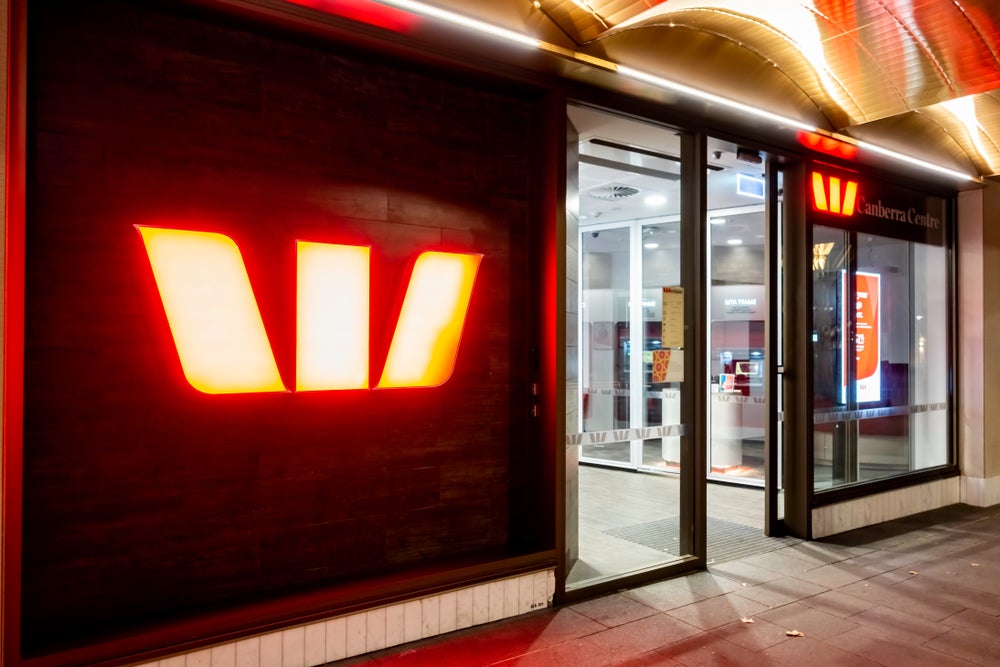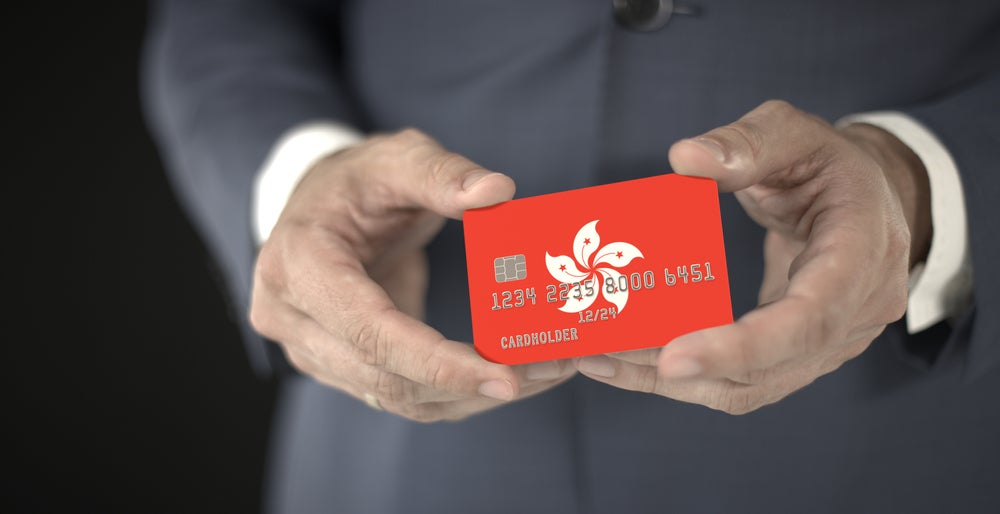One of the benefits cited for prepaid cards when they
entered the market was the potential for unbanked customers, or
those with poor credit histories, to build relationships with
banks. Now, two US companies have combined to help transfer prepaid
spending into a workable credit record. Charles Davis
reports.
A Montana payments company and a
Las Vegas technology firm may have solved the oldest riddle in the
prepaid cards business: how to take prepaid payments and transform
them into viable credit histories for customers.
PanAm Payments Systems is working
with Paragon Dynamix LLC to build a credit-generating feature for
prepaid cards that could be the next great add-on for
general-purpose reloadable cards. PanAm, a programme manager
primarily focused on customised card programmes for brand partners
with loyalty programmes or other integrated card programme needs,
services a number of retail brand, college and university,
medical/health and non-profit organisation client programmes.
Paragon has built a credit-score
feature for prepaid cards that uses recurring monthly payments
initiated with prepaid cards such as phone bills or utilities to
the three major credit bureaus, enabling a prepaid cardholder to
build a credit score over time using payments that have to make
anyway on a monthly basis.
PanAm is working with Paragon, the
creator of the credit-building tool to the market, and has
announced that The Prepaid Group International, an Atlanta-based
prepaid card manager, is set to become one of the first companies
to use the feature for its payroll cards.
How well do you really know your competitors?
Access the most comprehensive Company Profiles on the market, powered by GlobalData. Save hours of research. Gain competitive edge.

Thank you!
Your download email will arrive shortly
Not ready to buy yet? Download a free sample
We are confident about the unique quality of our Company Profiles. However, we want you to make the most beneficial decision for your business, so we offer a free sample that you can download by submitting the below form
By GlobalData
Three distinct
segments
PanAm president and CEO Tom Britz
said the product is aimed at three distinct market segments:
college-aged people in need of credit-building tools thanks to the
new credit card reforms; new immigrants to the US; and the millions
of Americans whose credit scores have been negatively affected by
the recession.
“About three years ago, I became
aware of the possibility for prepaid cards to make recurring
payments and have them reported to the credit agencies, so we
started researching it heavily and we saw a real opportunity,”
Britz said.
“The closest thing we could find
were one of these alternative agencies that promises to ‘repay your
credit’ and then does nothing of the kind.”
By reporting bills paid through
prepaid cards to Equifax, Experian and TransUnion, issuers could
offer a viable way to convert unbanked or underbanked customers to
revolving credit products, opening a revenue-rich stream of
customers currently off the banking radar entirely.
Using prepaid cards as a bridge to
more mainstream banking products has long been a dream of banks,
who see many applications for prepaid products in this context, not
least of which is payroll cards.
Payroll cards are already being
issued toms of Americans, and linking them with a credit
score-generating feature could serve as a form of employment
benefit for certain blue-collar sectors with high rates of unbanked
employees.
A construction company, for
example, could issue prepaid payroll cards with the feature as a
way to get a higher number of employees into the banking sphere and
reduce the absenteeism chronic to unbanked populations. Academics
and non-governmental organisations that have studied the unbanked
say that there is substantial evidence to indicate that regular
bill-pay activity is substantially linked to assessing credit
worthiness, and that banking relationships are a primary indicator
of good workers.
A great starting point for the
product – called the Financial Data Delivery Assistant – is the
huge number of college-aged Americans that can no longer obtain
credit cards without a signature, as the Credit Card
Accountability, Responsibility and Disclosure Act ended issuance of
credit cards to 18-21 year-olds without a parental
co-signature.
“There are 36m Americans aged 18 to
24 right now,” Britz said. “And many more students do not want to
co-sign with their parents, but do want to build credit histories.
You would be surprised how many parents are not in a financial
situation to co-sign.”
First-generation immigrants
represent a market that extends beyond the traditional Hispanic
unbanked and underbanked population, Britz said.
“Immigration has really changed
since the old days, when you had the German neighbourhood here and
the Italian district there,” he said. “We are talking about people
from more than 140 different countries and who work in a lot of
different industries. Many are highly paid professionals, and yet
they have no credit histories here and can’t get access to credit
right away.”
The credit-score enhancement
feature also might benefit consumers who had their credit
compromised during the recession.
“It won’t move the needle as much
for those consumers, but it will help,” Britz said. “We know that
sending these payments in, month after month, builds credit
history, and that is a step in the right direction.
“This is a credit score enhancement
feature – not a credit repair service. We can only send along the
payment information, and the credit ratings have their own secret
sauce when it comes to giving that meaning.”
Willingness to
pay
Still, consumers who pay recurring
monthly bills with a prepaid card can show creditors willingness to
pay, and demonstrating consistent bill-pay performance over time
indicates a strong willingness to pay.
“That certainly can’t hurt,” Britz
said. “It also demonstrates that the consumer has cash flow, in a
regular, predictable way.”
Paragon Dynamix hopes to add
prepaid cards with a credit score enhancement feature, as Britz
prefers to call it, to all sorts of prepaid cards. Currently there
is only one other prepaid card with such a feature, launched in
2008 by Cincinnati-based UniRush.
Pay Rent Build Credit, an
alternative credit-scoring company based in Annapolis, Maryland,
compiles payment histories for cardholders who choose to use the
credit-reporting service. However, Pay Rent does not report to the
three major credit-reporting bureaus. So the initiative would only
help organisations that subscribe to its service.
“That is the old tree falling in the forest dilemma,” Britz
said. “The Big Three ratings agencies have to be involved if you
are actually going to impact anyone’s credit.” <







